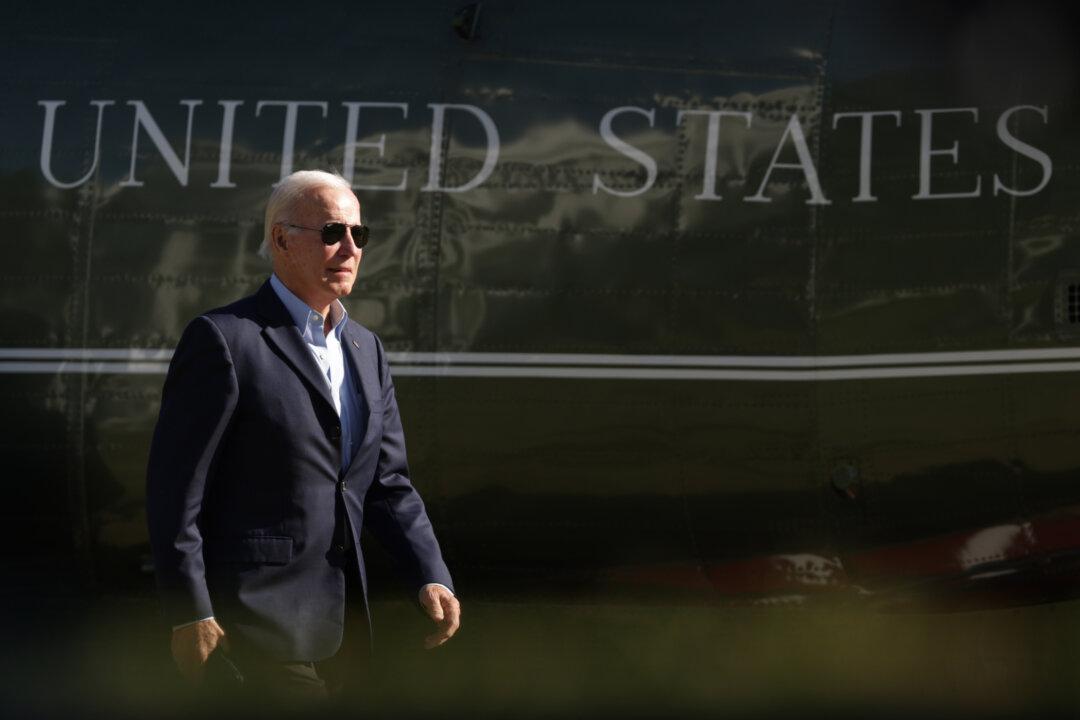President Joe Biden claimed the U.S. economy is “strong” and claimed other countries are worse off in dealing with soaring inflation.
During a visit to Oregon on Saturday, Biden was asked by reporters about inflation and the surging U.S. dollar.

President Joe Biden claimed the U.S. economy is “strong” and claimed other countries are worse off in dealing with soaring inflation.
During a visit to Oregon on Saturday, Biden was asked by reporters about inflation and the surging U.S. dollar.